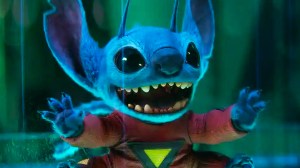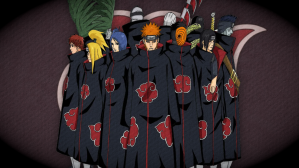Joker star Joaquin Phoenix walked out of an interview with The Telegraph when asked if the DC Comics-inspired film might “perversely” influence real-life acts of violence. The film has already stirred controversy for centering on mentally ill loner Arthur Fleck (Phoenix) — a failed comedian who descends further into madness when he riles up Gotham City as makeup-wearing criminal the Joker — causing some to decry Joker as a potential trigger for copycats. As Variety noted after the film’s well-received premiere at the Venice Film Festival, where Joker was celebrated with an eight-minute standing ovation, some online voices worry the film “sympathizes with a homicidal loner at a time when American and the rest of the world are plagued by gun violence.”
Videos by ComicBook.com
When Telegraph posed a similar question to Phoenix — asking the star if Joker might “perversely end up inspiring exactly the kind of people it’s about, with potentially tragic results” — Phoenix reportedly walked out of the interview, returning once the issue was settled with a Warner Bros. press representative.
Director Todd Phillips noted during the Venice Film Festival Joker was inspired by mostly 1970s-era character studies, including Milos Forman’s One Flew Over the Cuckoo’s Nest, Sidney Lumet’s Serpico and gritty Martin Scorsese works like Taxi Driver, Raging Bull and The King of Comedy.
Phillips also said Joker is not a political film.
“I think movies are oftentimes mirrors of society, but they’re never molders,” Phillips said. “So even though the movie takes place in late ’70s, early ’80s, we wrote it in 2017. So inevitably, certain themes find their way into the movie that may exist now. And not everybody sees that, some people just see it as a new take on a Joker origin story. So you hate to define it for people, what it is, and it’s certainly not a political film. I mean, for some people. It just really depends, I think, on the lens at which you view it through.”
Ultimately, Joker is largely about a “lack of empathy,” not politics. “It’s about the lack of empathy that we were seeing in the world at the time we wrote it, that probably still exists, that’s a big theme of the movie, for sure,” Phillips said.
The director was similarly careful when handling the film’s “realistic” violence that won Joker an R rating for strong bloody violence, disturbing behavior, language and brief sexual images.
“It’s all tone. I think one of the biggest jobs of a director is you’re the purveyor of tone, and this movie was always written and meant to be a slow burn, and I think the violence is part of that slow burn. We were very careful, I think, with it,” Phillips explained from Venice. “A lot of people assume or think it’s gonna be a really violent movie, but if you break it down to the amount of people that [Arthur] has a problem with, I think the reason it affects you differently — I mean, you can watch a movie like John Wick 3, and there’s a much higher amount of violence. But I think why it might affect you differently is we tried to paint it with as realistic a brush as possible. So when it comes, it sort of feels like a punch in the stomach. But again, it was all just a balancing act of tone.”
Starring Joaquin Phoenix, Zazie Beetz, Frances Conroy and Robert De Niro, Joker opens October 4.









